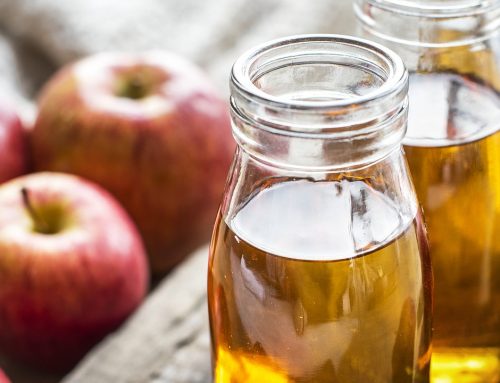20 items - $582.30
- ×
 Pumped Extreme
Pumped Extreme - Vendor:
- ×
 Vitamin E, 400 IU, 100 Softgels
Vitamin E, 400 IU, 100 Softgels - Vendor:
- ×
 Lipase & Pancreatin, 500 mg 100 capsules
Lipase & Pancreatin, 500 mg 100 capsules - Vendor:
- ×
 Fennel Seed, 450 Mg, 100 Capsules
Fennel Seed, 450 Mg, 100 Capsules - Vendor:
- ×
 Cysteine, 500 Mg, 100 Capsules
Cysteine, 500 Mg, 100 Capsules - Vendor:
- ×
 Black Walnut Hull Capsules, 300 Mg, 50 Capsules
Black Walnut Hull Capsules, 300 Mg, 50 Capsules - Vendor:
- ×
 Lysine, 500 mg 100 capsules
Lysine, 500 mg 100 capsules - Vendor:
- ×
 Niacin, 25 Mg, 100 Capsules
Niacin, 25 Mg, 100 Capsules - Vendor:
- ×
 Baking Soda, 1 Cup (250 g. apx)
Baking Soda, 1 Cup (250 g. apx) - Vendor:
- ×
 Papain, 500mg, 100 Capsules
Papain, 500mg, 100 Capsules - Vendor:
- ×
 Ginkgo Extract, 60 mg, 100 Capsules
Ginkgo Extract, 60 mg, 100 Capsules - Vendor:
- ×
 Glutamine, 500 mg, 100 capsules
Glutamine, 500 mg, 100 capsules - Vendor:
- ×
 Double Helix Water Book Plus Three Bottles of Double Helix Water®
Double Helix Water Book Plus Three Bottles of Double Helix Water® - Vendor:
- ×
 Cocoamint Lip Balm
Cocoamint Lip Balm - Vendor:
- ×
 Lavender & Mint Massage Balm - 2 oz.
Lavender & Mint Massage Balm - 2 oz. - Vendor:
- ×
 Spearmint & Citrus Deodormint - Travel Size - .5 oz
Spearmint & Citrus Deodormint - Travel Size - .5 oz - Vendor:
- ×
 Super Mint Sports Recovery Balm - 2 oz
Super Mint Sports Recovery Balm - 2 oz - Vendor:
- ×
 Vanilla Sugar Facial Scrub
Vanilla Sugar Facial Scrub - Vendor:
- ×
 Vitamin C Powder, 1 lb (453 g)
Vitamin C Powder, 1 lb (453 g) - Vendor:
- ×
 Digestive Enzymes, 500 Mg, 100 Capsules
Digestive Enzymes, 500 Mg, 100 Capsules - Vendor:
Subtotal: $582.30

 Vitamin E, 400 IU, 100 Softgels
Vitamin E, 400 IU, 100 Softgels 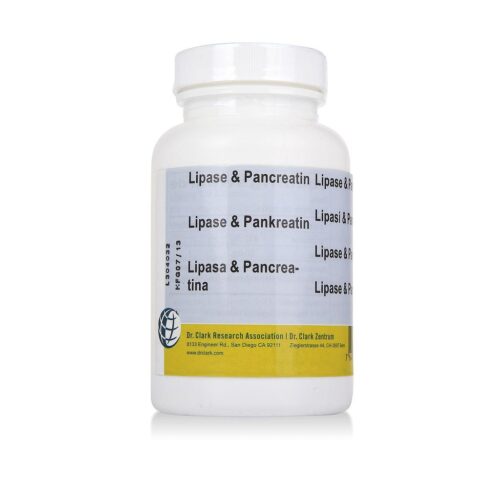 Lipase & Pancreatin, 500 mg 100 capsules
Lipase & Pancreatin, 500 mg 100 capsules  Fennel Seed, 450 Mg, 100 Capsules
Fennel Seed, 450 Mg, 100 Capsules 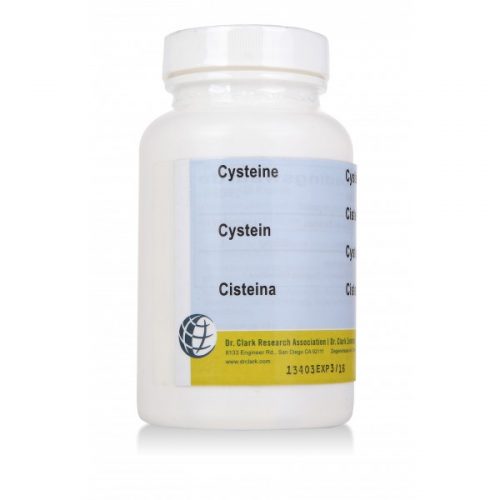 Cysteine, 500 Mg, 100 Capsules
Cysteine, 500 Mg, 100 Capsules  Black Walnut Hull Capsules, 300 Mg, 50 Capsules
Black Walnut Hull Capsules, 300 Mg, 50 Capsules 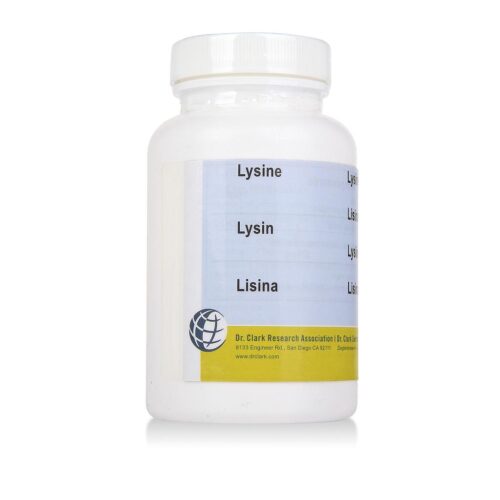 Lysine, 500 mg 100 capsules
Lysine, 500 mg 100 capsules  Niacin, 25 Mg, 100 Capsules
Niacin, 25 Mg, 100 Capsules 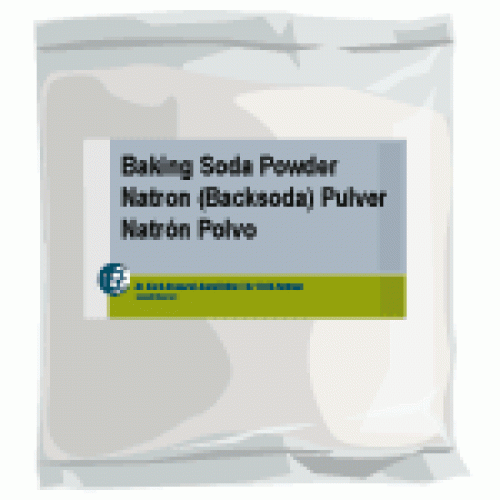 Baking Soda, 1 Cup (250 g. apx)
Baking Soda, 1 Cup (250 g. apx)  Papain, 500mg, 100 Capsules
Papain, 500mg, 100 Capsules  Ginkgo Extract, 60 mg, 100 Capsules
Ginkgo Extract, 60 mg, 100 Capsules 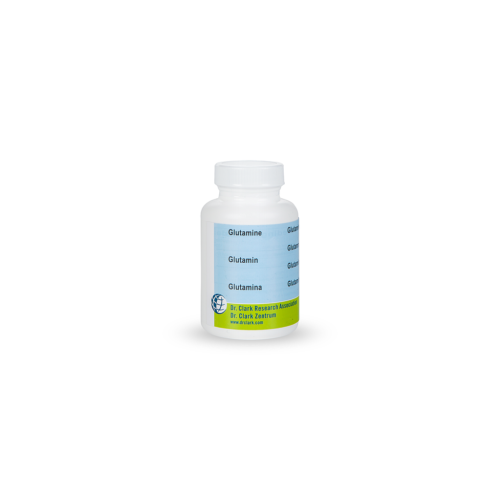 Glutamine, 500 mg, 100 capsules
Glutamine, 500 mg, 100 capsules  Double Helix Water Book Plus Three Bottles of Double Helix Water®
Double Helix Water Book Plus Three Bottles of Double Helix Water® 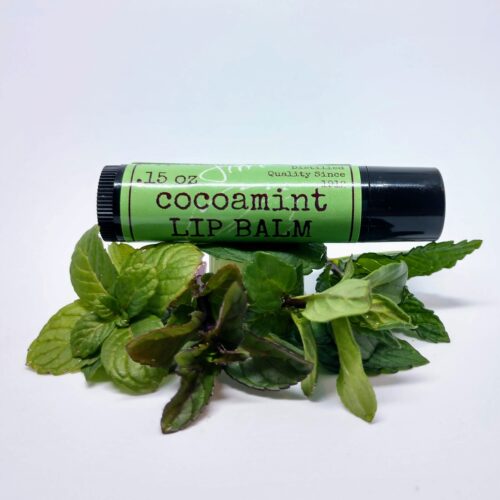 Cocoamint Lip Balm
Cocoamint Lip Balm  Lavender & Mint Massage Balm - 2 oz.
Lavender & Mint Massage Balm - 2 oz.  Spearmint & Citrus Deodormint - Travel Size - .5 oz
Spearmint & Citrus Deodormint - Travel Size - .5 oz 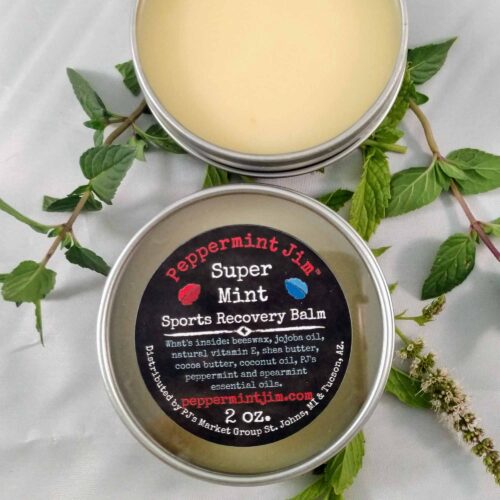 Super Mint Sports Recovery Balm - 2 oz
Super Mint Sports Recovery Balm - 2 oz 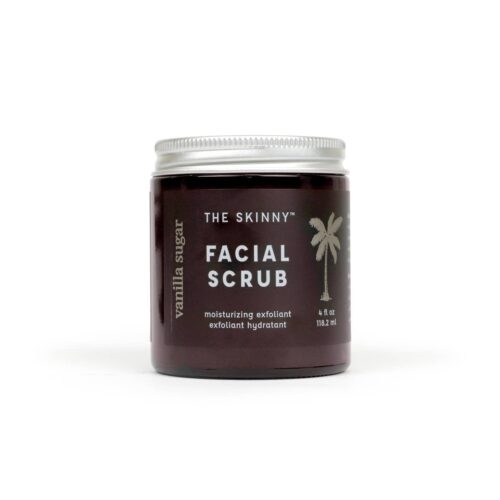 Vanilla Sugar Facial Scrub
Vanilla Sugar Facial Scrub  Vitamin C Powder, 1 lb (453 g)
Vitamin C Powder, 1 lb (453 g)  Digestive Enzymes, 500 Mg, 100 Capsules
Digestive Enzymes, 500 Mg, 100 Capsules  Causes of Deficiency
Causes of Deficiency


